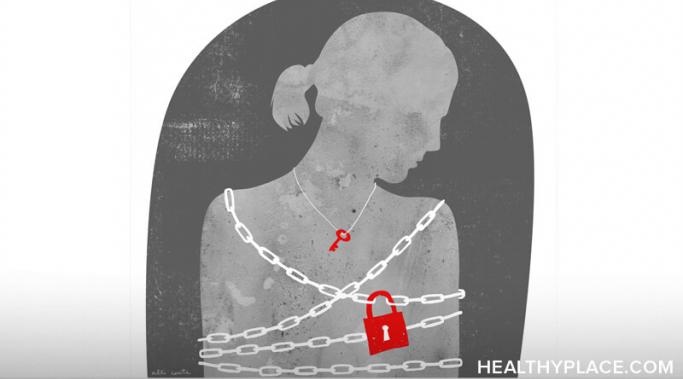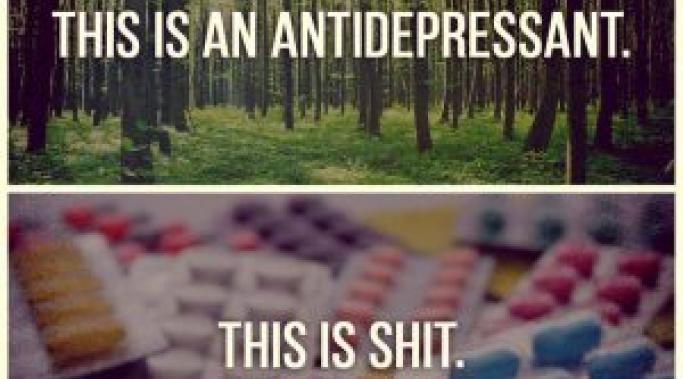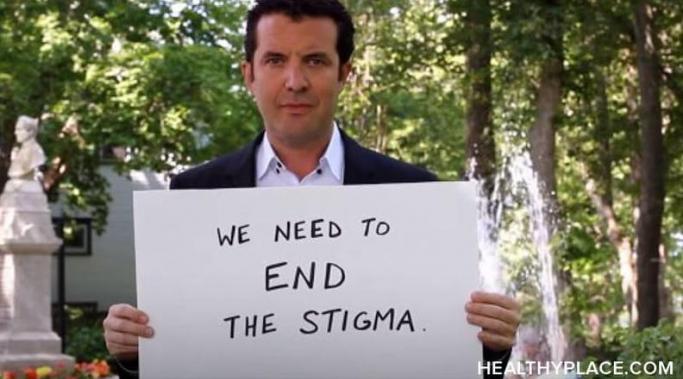Britney Spears' conservatorship has been a hot topic since she was able to say her piece in court on June 23. It's caused fans to rally behind her, supporting her as she struggles with being under other peoples' control for more than a decade and the impact that's had on her mental wellbeing. Perhaps ironically, it was a mental health crisis that kicked off the conservatorship, to begin with. I can't help but wonder, what has been mental health stigma's role in keeping that conservatorship in place?
Mental Health Treatment Stigma
Like many aspects of mental health, therapy is steeped in stigma. People talk about it in hushed tones and behind closed doors, but really, we need to have open conversations about therapy. In this blog post, I'm going to share my thoughts on why.
To some degree, we're each aware mental health treatment is stigmatized, and that stigma is one of the barriers to people seeking professional guidance for mental illness and mental health struggles. What I don't think people would expect is how this stigma can also manifest in people's good intentions in conversations about mental health treatment.
Psychiatric medication stigma makes taking medicine a sensitive topic in mental health treatment. While those of us with mental health issues may face psychiatric medication stigma, this can present itself in different ways. Some people believe that taking medication is a sign of weakness or they label people who take mental health medication as “crazy.” On the other end of the spectrum, there are those that think medication is a good choice, but wrongly believe we can cure all mental health problems simply by taking a pill. One way or the other, the psychiatric medication stigma is there.
The stigma surrounding mental illness can be debilitating; it can even cause you to deny symptoms you need to share with your psychiatrist and treatment team (How to Talk to a Doctor About Your Mental Illness). The fact is, until you can open up to your doctor and others who are there to help you and be honest, it will be very difficult--if not impossible--for you to get the help you need.
Mental health stigma keeps many from seeking treatment (The Stigma of Seeking Mental Health Help and Treatment). When an illness such as schizophrenia or bipolar exists, two things commonly occur. The first is a symptom of a mental health issue which stigma makes worse called anosognosia. Anosognosia is when you have a mental health diagnosis but lack insight into your condition -- a huge problem with people who suffer from bipolar disorder. When you add this condition to mental health stigma, sufferers will not seek treatment because of these negative attitudes towards mental illness and their recovery period will be a much longer one. But that's not the only problem that may keep you from treatment
There are many ways that people cope with and treat mental illnesses, whether it be different types of mental health therapy, meditation, exercise, or medication. The list could go on and what it shows is that for each person something different will work. It’s part of the complex nature of these illnesses and part of the mystery that still needs solving.
Stigma, as defined at dictionary.com is a mark of disgrace or infamy. Not all stigma is from others; sometimes stigma comes from within. When a person is ashamed because they have a mental illness of just about any kind, often because of negative opinions of others, they may try to hide their problem and not seek proper treatment. This effect is known as self-stigma and can be a barrier to relationships, employment, and especially proper mental health treatment.
Doctors are affected by mental illness stigma, and, as mental health consumers, we run into this problem time and time again. I have heard countless horror stories of mental illness stigma affecting doctors and other mental health professionals, who are part of the patient's journey. However, there still remains a number of doctors and medical professionals who stay true to their passion for medicine. Here are some of my best and worst experiences with doctors who are affected by mental illness stigma and the ones who aren't.
As I walk through the day hospital to attend a new cognitive behavioral therapy (CBT) program, I feel a sense of embarrassment and shame. I wonder and search within myself to only ask, “How has it come to this?” As I stop by the nurse’s station to ask for directions to find my way to the group, I cannot help but sense that they must be assessing and judging me. There is a great deal of mental health stigma when accessing mental health resources for the purpose of rehabilitation and I believe a great majority of us have felt it at one time or another.









